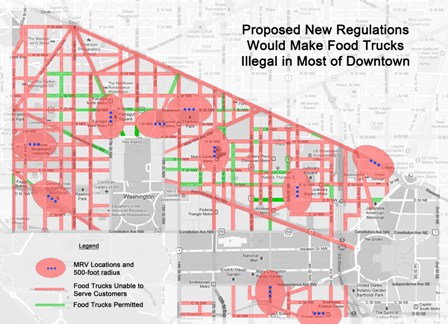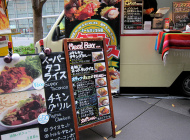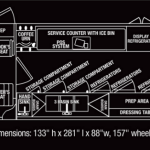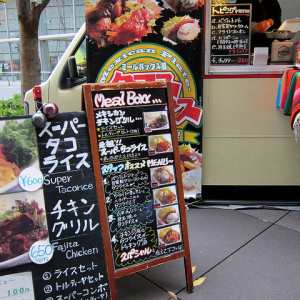
In the article “Cities struggle to develop fair food-truck rules”, author Eleanor Mueller cited conflicting state and local laws as well as overlapping health, zoning, and street codes as the major hindrance to the growth of the mobile food vending industry. Outdated regulation should be constantly updated and revised to adapt to current needs and industry trends. Trial and error is normal in any new program being launched and there is no better way to test a plan’s feasibility than actual implementation. That is why several cities have launched Food Truck Pilot Programs. This is to test the viability of operations in downtown areas and highly populated quarters.
Proximity restrictions for operating near existing food establishments and similar businesses have also relaxed in certain places. Atlanta’s proximity ban was reduced from a whopping 1,500 feet to 200. El Paso did the same lowering the initial 1,000 feet ban to 200. Jacksonville’s was also recently lowered to 50 feet from 300. Louisville’s was also halved from 300 feet to 150.
Most cities have been open and very responsive to their constituents clamor for these meals on wheels, but there have also been obvious measures by legislators to advance and protect only the welfare of certain sectors such as the restaurant industry.
The Institute of Justice and The National League of Cities have both released studies with recommendations on creating such laws, but no amount of public consultation and lobbying could ever change the minds of those with hidden agendas.
Tags: legal











